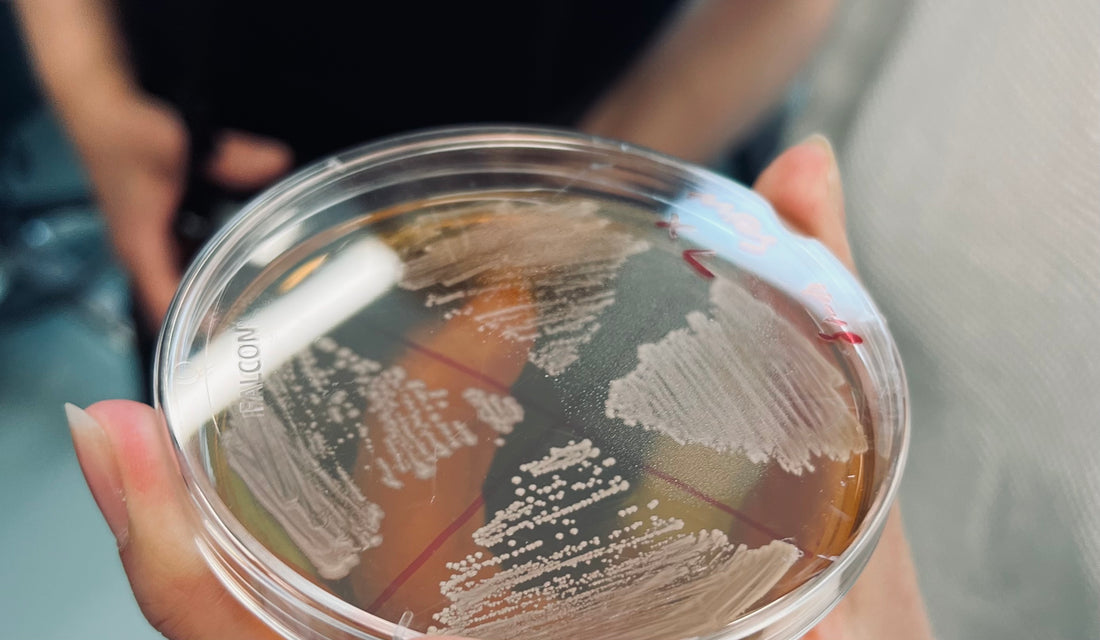Bacteria and other microorganisms (including some fungi and algae) have always worked for us, even if we didn't realise it. Biotechnological processes have been used for thousands of years and are still used today for pharmaceuticals, food, water treatment, biofuels and agriculture. Wine, cheese, bread, beer, yoghurt, and chocolate all get their flavour and texture from the work of beneficial microorganisms. It is part of our everyday life.
But we have a special relationship with lactic acid bacteria. They modify and preserve our food, such as cheese, sourdough bread, fermented vegetables and salami. But bacteria of the same type also live in symbiosis with us. One large colony has even evolved into something like an extra organ in our intestines, our immune system.
For those of us interested in cleaning, various Bacillus species are also of particular interest. They live naturally in our environment and specialise in decomposition. They produce many effective enzymes that are used for cleaning, washing and odour removal.
Biotechnology involves harnessing the often superior capabilities of different microorganisms to create new solutions or replace outdated, environmentally destructive technologies and chemicals. If all the positive research results were really put into practice, a new world would emerge. A world where microorganisms act as eco-friendly factories, among other things.
Microorganisms also have great capacity to design, build and manufacture. Already today, bacteria are used to produce medicines on an industrial scale. It is also possible to produce biological plastic materials inside living bacterial cells, to create biological light from bacteria and cement for bridge constructions, and to mass produce spider silk that can be used for clothing. Bacteria, yeast, fungi and algae have the ability to produce everything from fuels and medicines to degradable, cleanly produced materials that can replace products derived from fossil fuels.
Providing clean drinking water, treating wastewater and recycling waste is increasingly important for people and the climate. Biological treatment using microorganisms is already being used to treat wastewater in the basins of wastewater treatment plants. But the ability of microorganisms to circulate elements in nature could also be used to convert waste into valuable raw materials, using their specialised enzymes. If such a solution were possible, it would be a major step towards a sustainable society, where all waste is reused and every raw material is part of a resource-efficient cycle.
We are only at the beginning of the development of biotechnology in the environmental field. The potential of microorganisms to solve problems is infinite, but it is still an almost untapped resource. It is a matter of finding new areas of use, new applications, for microorganisms, like the idea and solution of allowing them to break down dirt and odours on textiles and fashion. All to reduce wear and tear, increase value and extend the circularity of garments and gadgets. The future of environmental technology will definitely be based on more collaborations with the smallest but most powerful inhabitants of the planet.

